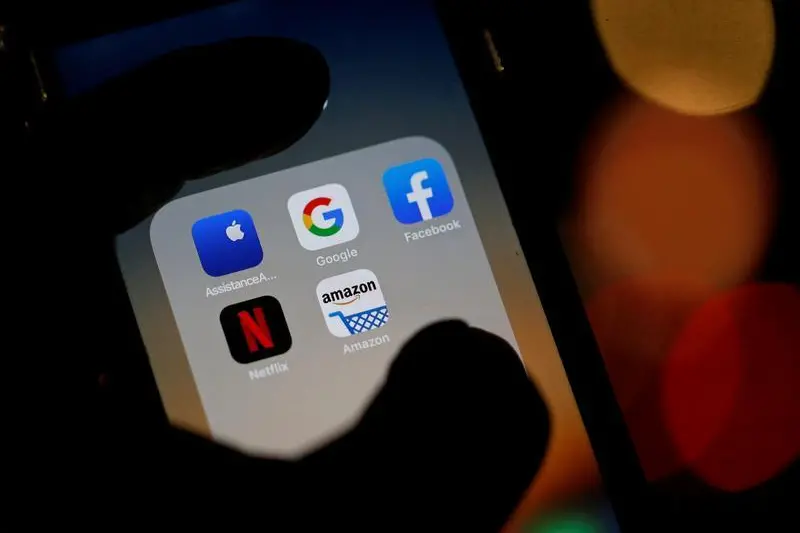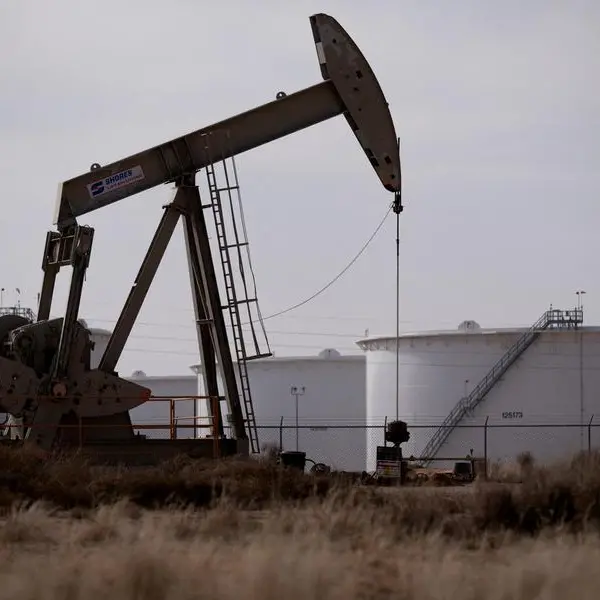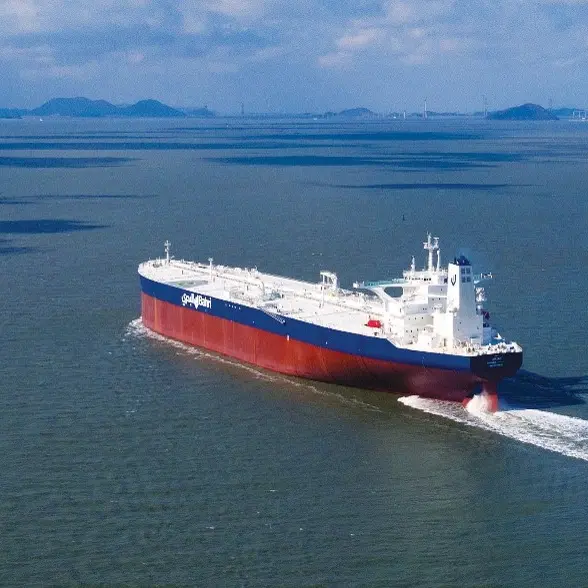PHOTO
HONG KONG - Australia is putting the fee in news feeds. The government said on Monday it would force Alphabet-owned Google and Facebook to share revenue with local media outlets. After years of digital destruction and fake news scandals, the pandemic proved to be the last straw. The biggest danger for the tech goliaths is that authorities elsewhere will be following the headlines from Down Under closely.
The clout wielded by Google and Facebook has deservedly attracted greater regulatory scrutiny. Their combined market value of $1.4 trillion reflects dominance over corporate advertising budgets and casts a long, dark shadow over struggling media organisations. In Australia, some 71% of spending in the $5.8 billion online ad market, excluding classifieds, goes to the two services, competition authorities found last year. Meantime, the government is teeing up a rescue package worth $58 million for broadcasters slashing costs and newspapers stopping their presses because of the virus.
Those dynamics ultimately led to Canberra’s aggressive intervention. What was supposed to be a negotiated voluntary code of conduct by November has turned into a mandatory one by July. Australian Treasurer Josh Frydenberg said that even as financial pressure mounted on the media industry, the talks with Google and Facebook had made little progress.
The companies have tried to see off such growing regulatory threats. In March, the social networking giant founded by Mark Zuckerberg said it would invest another $100 million to support the news industry worldwide following blowback over privacy breaches and scandals involving Russian influence on U.S. elections. It also agreed late last year to start paying some publishers licensing fees. Google, which reckons it delivers value to news providers by referring readers, has taken steps to demote conspiracy theories and the like in its search results.
They also have played hardball. That may be tougher to do amid a global health crisis than it was, say, when Google shut its Spanish news service in 2014 after Madrid demanded it pay copyright fees.
Determining a revenue share will be complex. The sums also probably won’t be enough to save many struggling media companies. And any costs may ultimately be passed on to Google and Facebook advertisers. Either way, other countries are apt to follow Australia’s lead. As both companies know, bad news travels fast.
CONTEXT NEWS
- Australian Treasurer Josh Frydenberg said on April 20 that the country would force Facebook and Alphabet's Google to share advertising revenue with local media companies, scrapping plans for a voluntary code of conduct because talks had stalled, and pressure intensified on the news business from the coronavirus.
- The government asked the country's competition watchdog, the Australian Competition and Consumer Commission, to draft by the end of July a mandatory code of conduct between media outlets and online services. The code would be passed into legislation soon after, the treasurer said.
- Frydenberg said the mandatory code will include sharing of data, ranking and display of news content and the sharing of revenue generated from news. He added that it would establish enforcement, penalty and binding dispute resolution mechanisms.
- Google said it had worked constructively with the industry and regulators and would continue to do so. Facebook said it was disappointed with the decision and pointed to its support for publishers in Australia and around the world.
(Editing by Rob Cox and Karen Kwok) ((jeffrey.goldfarb@thomsonreuters.com; Reuters Messaging: jeffrey.goldfarb.thomsonreuters.com@reuters.net))





















